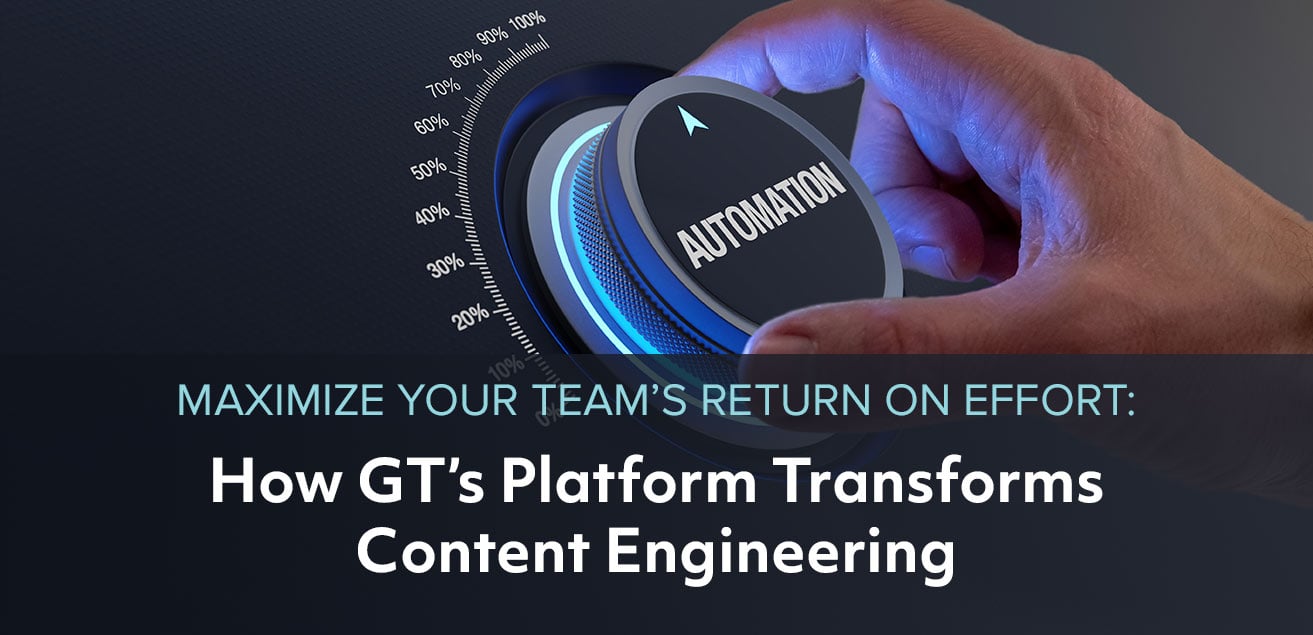After launching our R&D project around Artificial Intelligence (AI) one year ago, one might ask “what does AI mean in digital publishing?”
AI could be defined as learning algorithms which could identify rules and apply them. As part of our research, we started by analyzing publishers needs to identify areas of improvements in AI. This kind of automatization could help reduce costs, time spent on tasks, and maintain quality.
We identified 3 areas of improvement within publishers’ processes:
- Repetitive Tasks: layout check, proofreading, license check for pictures, etc...
- Content Authoring: Improvement by externally sourcing more information.
- Automatic Meta-tagging: hassle for any publisher dealing with a lot of data.
From a technical view, developing AI algorithms is not an easy task, as they are cumbersome to build. We studied three different possibilities for interfacing existing solutions: fully open source solutions, freemium solutions from big corporations, and tailored solutions from specialized start-ups. As a result, we found that the first solution required too many internal resources and the last solution was too costly for an R&D project. Therefore, we chose to focus on and test several machine learning APIs from big corporations such as Google, IBM Watson, and Microsoft. The results we found were interesting enough for us to further our study.
Within the areas of improvements discussed above, we focused on content authoring and automatic meta-tagging to design POC.
We designed a Learning Objects semantic analyzer, which could help provide web sources in context when authoring on a topic. This analyzer seems helpful for authors to get inspiration, as well as editors and proofreaders for fact-checking.
We also tried to develop an automatic meta-tagging algorithm, either from categories that the algorithm had already learned or from a predefined list of new categories. These days, meta-tagging is necessary for publishers in order for their content to be classified, searchable, reusable, and profitable. Therefore, making it less costly by predicting which category each content belongs to could be a huge gain in the future.
We strive to serve publishers as best as possible. We think that enabling publishers to set their own rules on automatic meta-tagging will give them more control on their content, allowing substantial time-saving.
Meta-tagging is the first step for adaptive learning, as any adaptive learning system will rely on semantic human analysis first. Of course, an algorithm is as smart as we allow it to be and we hope that giving the possibility for publishers to distill their instructional expertise through tagging their content will help them master technology and not be mastered by it.
If you are willing to explore this terra incognita together, drop a line to Gutenberg Technology and we will be glad to see how we can imagine the next generation of publishing and learning together! Contact us at contact@gutenberg-technology.com.

.jpg)




Leave a comment